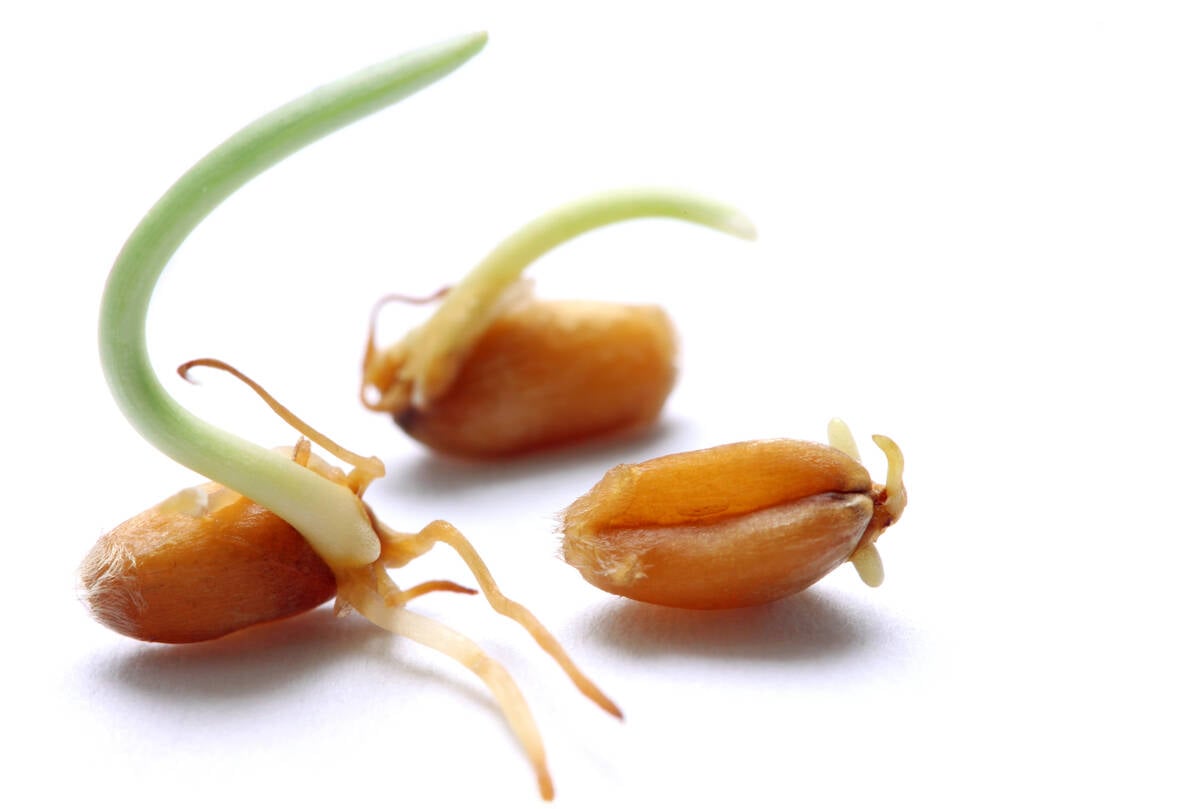Avian influenza, or bird flu outbreaks in Hong Kong that have claimed human lives, are drawing the attention of the world.
Poultry growers in Canada and around the Pacific Rim are watching to see if the virus and actions taken to control the disease affect their export poultry markets.
Frozen chicken surpluses in southeast Asia, North America and Australia may take a dip as a virulent strain of avian influenza ravages Chinese flocks and has caused Hong Kong officials to order the destruction of 1.3 million birds after the virus killed four people and caused illnesses in at least 16 others. Hong Kong residents will have to turn to new sources of poultry as the Chinese New Year approaches.
Read Also

Manitoba farmers fight sprouted wheat after rain
Rain in mid-September has led to wheat sprouting problems in some Manitoba farm fields.
“Cold storage in Hong Kong was jammed with frozen chicken six weeks ago when we were there. That surplus will be moving out pretty quickly though,” said Henry Montesano, of Shafer Hagard, an export company based in Vancouver.
Depletion of the stockpile will depend on the attitude of the Hong Kong public regarding the health risks of chicken and how well authorities succeed at informing the public about the safety of frozen and imported poultry.
Little Canadian chicken winds up on Hong Kong dinner plates, but the island serves as the distribution centre for much of the 14 percent of Canadian frozen chicken that is eaten in China.
“We haven’t been asked to grow any extra birds for that market, so I imagine this won’t affect us, other than to reduce surpluses that are currently out there,” said Waldie Klassen, of the Manitoba Chicken Producers Marketing Board.
Foreign markets for Canadian chicken have been embattled for some time.
One reason is the unpredictable Russian trade. As well, the United States, Australia and Brazil have aggressively sought clients in Pacific Rim nations and Brazil has offered payment terms to Cuba, a traditional Canadian market that represented 24 percent of Canadian exports in 1996.
China has been one of the constants for Canadian chicken exports and a reduction in Hong Kong stockpiles may force prices higher.














